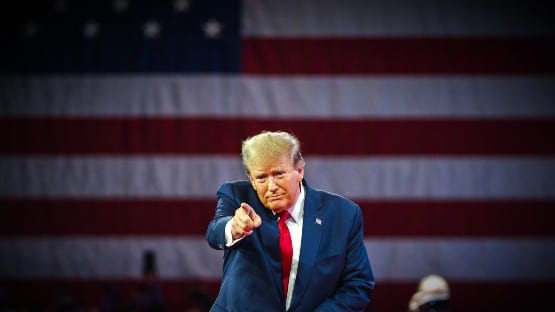Copyright Ars Technica

On Tuesday, OpenAI CEO Sam Altman told Reuters during a livestream that going public “is the most likely path for us, given the capital needs that we’ll have.” Now sources familiar with the matter say the ChatGPT maker is preparing for an initial public offering that could value the company at up to $1 trillion, with filings possible as early as the second half of 2026. However, news of the potential IPO comes as the company faces mounting losses that may have reached as much as $11.5 billion in the most recent quarter, according to one estimate. Going public could give OpenAI more efficient access to capital and enable larger acquisitions using public stock, helping finance Altman’s plans to spend trillions of dollars on AI infrastructure, according to people familiar with the company’s thinking who spoke with Reuters. Chief Financial Officer Sarah Friar has reportedly told some associates the company targets a 2027 IPO listing, while some financial advisors predict 2026 could be possible. Three people with knowledge of the plans told Reuters that OpenAI has discussed raising $60 billion at the low end in preliminary talks. That figure refers to how much money the company would raise by selling shares to investors, not the total worth of the company. If OpenAI sold that amount of stock while keeping most shares private, the entire company could be valued at $1 trillion or more. The final figures and timing will likely change based on business growth and market conditions. An OpenAI spokesperson told Reuters that “an IPO is not our focus, so we could not possibly have set a date,” adding that the company is “building a durable business and advancing our mission so everyone benefits from AGI.” Revenue grows as losses mount The IPO preparations follow a restructuring of OpenAI completed on October 28 that reduced the company’s reliance on Microsoft, which has committed to investments of $13 billion and now owns about 27 percent of the company. OpenAI was most recently valued around $500 billion in private markets. OpenAI started as a nonprofit in 2015, then added a for-profit arm a few years later with nonprofit oversight. Under the new structure, OpenAI is still controlled by a nonprofit, now called the OpenAI Foundation, but it gives the nonprofit a 26 percent stake in OpenAI Group and a warrant for additional shares if the company hits certain milestones. A successful OpenAI IPO could represent a substantial gain for investors, including Microsoft, SoftBank, Thrive Capital, and Abu Dhabi’s MGX. But even so, OpenAI faces an uphill financial battle ahead. The ChatGPT maker expects to reach about $20 billion in revenue by year-end, according to people familiar with the company’s finances who spoke with Reuters, but its quarterly losses are significant. Microsoft’s earnings filing on Wednesday offered a glimpse at the scale of those losses. The company reported that its share of OpenAI losses reduced Microsoft’s net income by $3.1 billion in the quarter that ended September 30. Since Microsoft owns 27 percent of OpenAI under the new structure, that suggests OpenAI lost about $11.5 billion during the quarter, as noted by The Register. That quarterly loss figure exceeds half of OpenAI’s expected revenue for the entire year.



